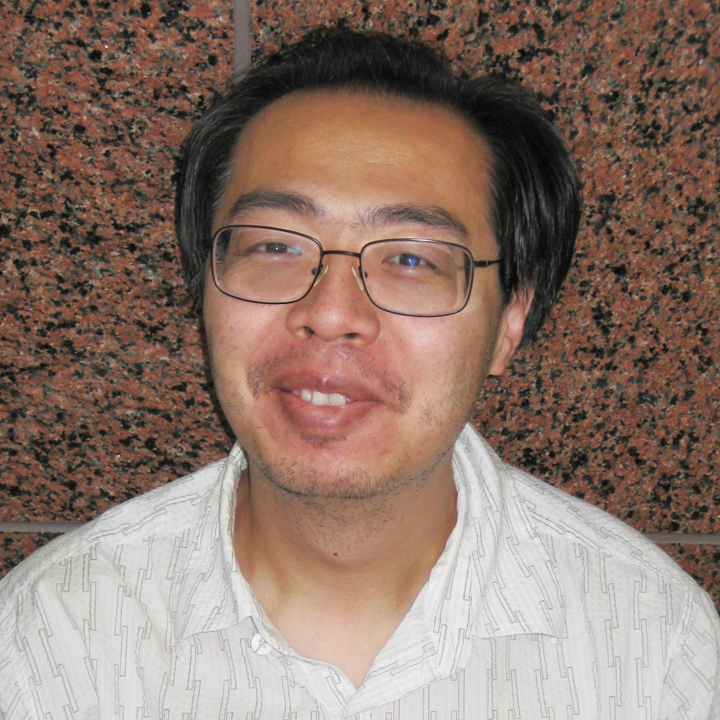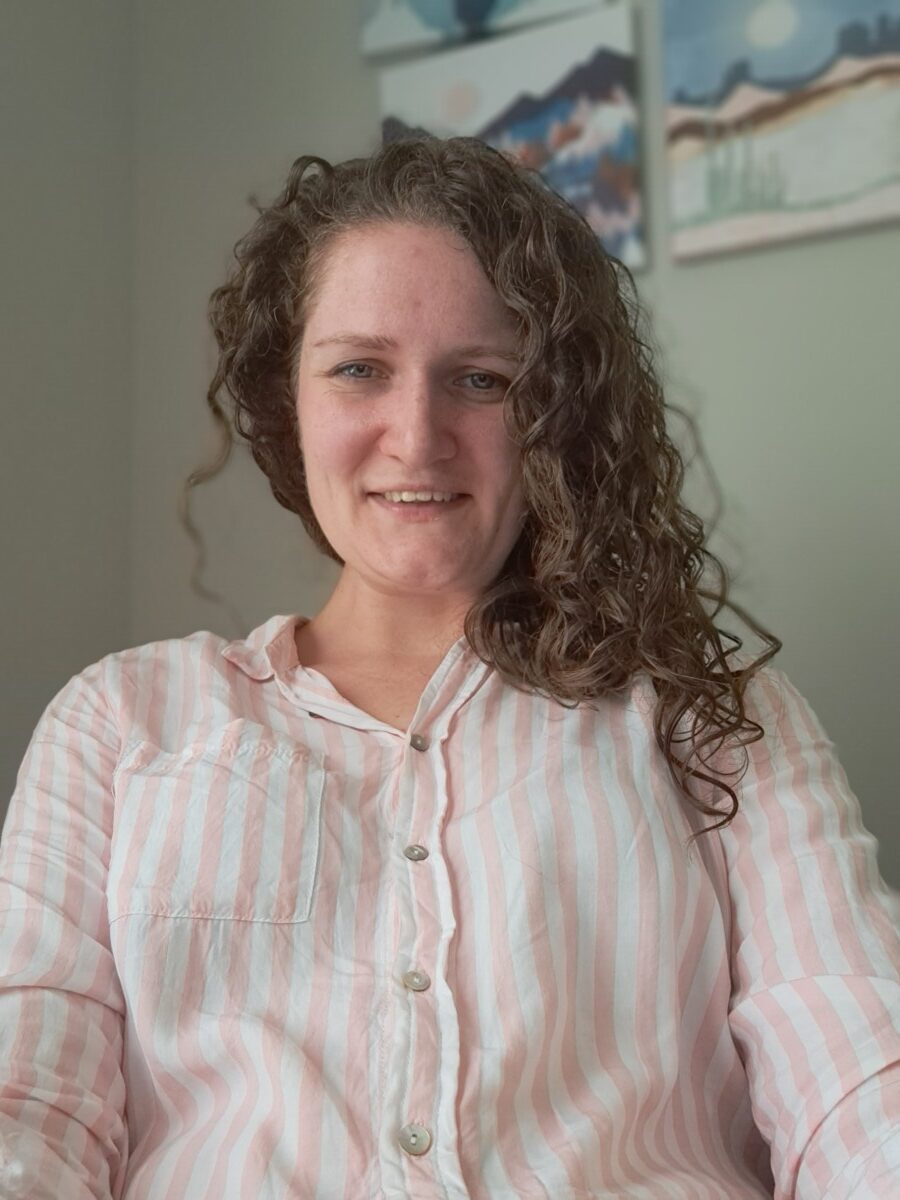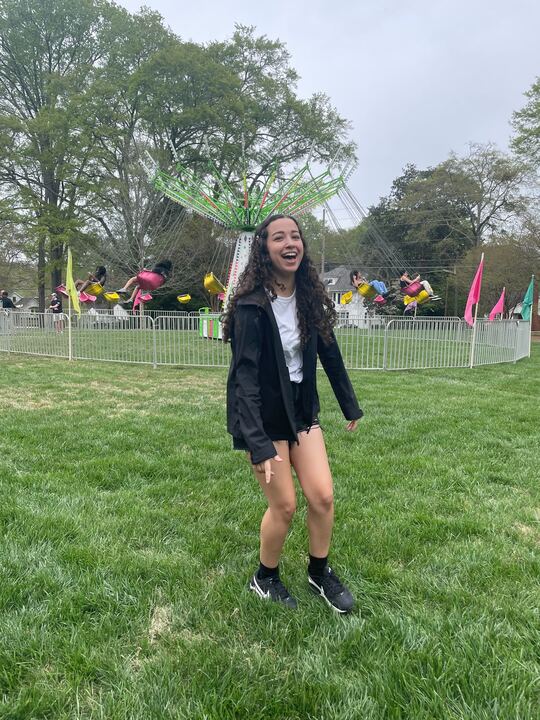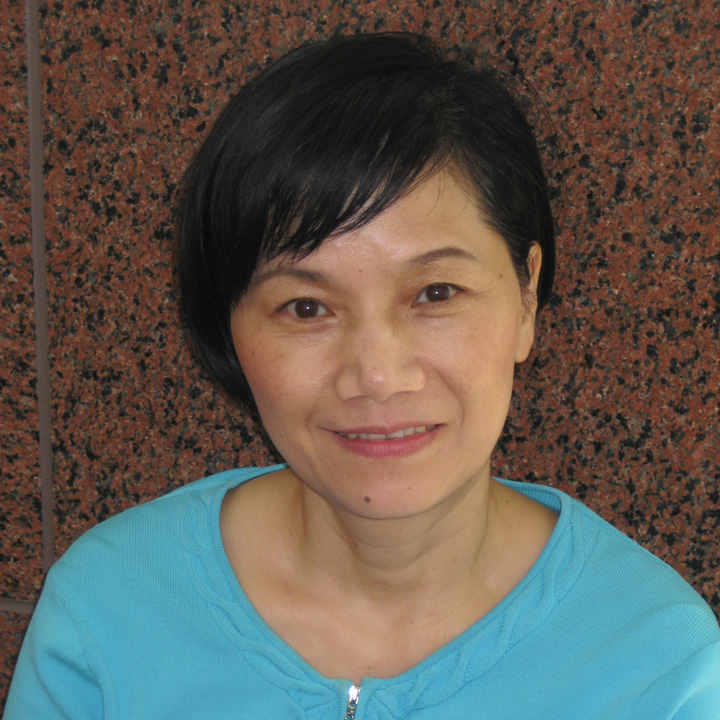Principal Investigator

Robert Liu
Email: robert [dot] liu [at] emory [dot] edu
Hometown: Urbana, IL
Alma Mater: PhD in Applied Physics, Stanford University
I am a neuroscientist with a physics background, working at the intersection of the fields of sensory neuroethology and social neuroscience. I transitioned into neuroscience as a postdoc, working with systems neuroscientists at the University of California, San Francisco’s Sloan-Swartz Center for Theoretical Neurobiology. After initially studying the visual system, I began a program to explore how neurons in the auditory system encode behaviorally relevant sounds, using a mouse model of acoustic communication. This work has now expanded into a general interest in neural plasticity and processing in social communication contexts. Through collaborations at Emory, our research explores how social information processing and reward are regulated in both a mouse model of maternal recognition of pup calls and a vole model of socially monogamous bonding, using a mix of physiological, behavioral and computational methods.
For post-doc/post-bac/graduate/undergraduate research experiences, please contact Dr. Liu by e-mail.
Post Docs

Kai Lu
kai [dot] lu [at] emory [dot] edu
My research interests are statistical learning, cognition in free running animals, and neurophysiology of large-scale brain network.

Megan Warren
Email: megan [dot] r [dot] warren [at] emory [dot] edu
Hometown: Delmar, DE
Alma Mater: University of Delaware
My interests include determining how these sounds are used across the experience of pair bonding, as well as whether the oxytocin system is involved in the neural processing of these signals.

Shang Lin (Tommy) Lee
Email: shang [dot] lin [dot] lee [at] emory [dot] edu
Hometown: New York City and Connecticut
Alma Mater: PhD in Behavioral Neuroscience, University of Connecticut
I am an NIH-IRACDA FIRST Postdoctoral Fellow interested in the neuroscience of social behavior and memory. To answer outstanding questions, I utilize behavioral paradigms, neuropharmacology, electrophysiology, and computational neuroscience. In addition to research, I am passionate about neuroscience education. As a FIRST Fellow and Pedagogy Fellow, I taught”Hippocampal Learning and Memory Systems” to Emory’s Neuroscience Graduate Program students, “Learning and Memory Lab” at Morehouse College, “Future of Innovative Neuroscience” at Morehouse School of Medicine and Harvard Medical Scool, and most recently, “Neuroscience of Love” to combined Morehouse College and Spelman College students. Outside of campus, you can find me at omakase sushi bars, pickleball courts, and Piedmont Park with my lovely dog.
Undergraduate Students

Caroline Bowen
Email: caroline [dot] bowen [at] emory [dot] edu
Hometown: Atlanta, GA
Alma mater: 4th year at Emory University studying Biology
I am interested in quantifying social behaviors and investigating the mechanisms that drive social bonding across different species. I am also interested in animal welfare, where I hope to apply insights from these studies to improve the lives of animals.

Riyah Dugar
Email: riyah [dot] dugar [at] emory [dot] edu
Hometown: Chennai, India
Alma Mater: 2nd year at Emory University studying Biology and Economics
I am interested in learning more about the brain especially when humans interact with others and use that understanding to further my knowledge of various illnesses relating to the brain. Outside the lab- I play varsity tennis for Emory and enjoy reading a lot!

Maya Costello
Email: maya [dot] costello [at] emory [dot] edu
Hometown: Inlet Beach, FL
Alma Mater: 4th year at Emory University studying Neuroscience and Behavioral Biology
I am interested in understanding the neural mechanisms underlying sensory processing systems and their relationship to social behavior and perception. Outside of the lab, I enjoy making pottery, watching K-dramas, and cooking.
Staff



Past members:
- Kelvin Wong (Postbac) – Graduate Student, Harvard Speech and Hearing Bioscience and Technology
- Jenny Zha (Undergraduate researcher) – Master Student, Columbia Public Health
- Lin Zhou (Undergraduate researcher) – Postbac, UT Austin
- Max Cao (Undergraduate researcher) – Graduate Student, Emory Neuroscience
- Hong Zhu (Postdoc 2023) – Assistant Professor, Nanjing Medical University
- Sena Agezo (Emory NS 2023) – Portfolio Strategist, D.E. Shaw
- Dakshitha Bashettyhalli Anandakumar (GT BME 2021) – Microsoft Bing
- Janhavi Belwalkar (Undergraduate researcher)
- Rahil Mahmood (Undergraduate researcher) – Trinity College Dublin Medical School
- Teresa Shi (Undergraduate researcher) – Graduate Student, Princeton Biostatistics
- Molly Han (Undergraduate researcher)
- Audrey Lu (Undergraduate researcher)
- Amélie Borie (Postdoc 2021) – Associate Clinical Trial Manager, Medpace
- Cristina Besosa (Postbac) – Graduate student, University of Florida
- Drayson Campbell (Undergraduate researcher) – Ohio State University Medical School
- Danial Arslan (Undergraduate researcher) – Medical School
- Dori Kacoh (Undergraduate researcher) – Medical School
- Amielle Moreno (Emory NS 2019) – Science Communicator, Speak The Science LLC
- Alex Dunlap (GT BioE 2019) – Mathematician, Boeing
- Kelly Chong (GT/Emory BME 2018) – Chief Operating Officer, Game Press
- Matthew Tucker (Undergraduate researcher) –
- Tamara Ivanova (Postdoc 2017)
- Liz Ann Amadei (GT BME 2017) – Postdoc, ETH Zurich
- Wittney Mays (Postbac) – Georgia State Bioinformatics Graduate Program
- Aaron Shpiner (Undergraduate researcer) – Tufts Medical School
- Sunayana Banerjee (Postdoc 2017) – Director, Axsome Therapeutics
- Katy Shepard (Emory NS 2014) – Genes in Space Program Lead, miniPCR bio
- Rudolph Chip Mappus (Postdoc 2014) – Executive Director, J&P Morgan
- Alonzo Whyte (Postbac) – Academic Professional, Georgia Tech
- Ankita Gumaste (Undergraduate researcher) – Yale Neuroscience Graduate Program
- Frank Lin (GT BioE 2012) – Manager of Data Science, Rivian
- Zachary Aberman (Undergraduate researcher) – Florida International University Medical School
- Malan Kern
- Saket Kumar
- Mary Catherine Stoumbos
- Edgar Galindo-Leon (Postdoc 2010) – Physicist, Universitaetsklinikum Hamburg Eppendorf
- Tatsuya Oishi (Undergraduate researcher)
- Imke Kirste
- Andrew Matthews
- Jason Miranda (Postdoc 2009) – Principal Scientist, Galvani Bioelectronics
- Ameya Save
- Stephen Brink
- Sara Freeman – UC Davis
- Brian Kocher – Microsoft Senior Program Manager
- Steven Sangha (Undergrad researcher) –
- Yongkui Zhang (Postdoc 2006) – Southeast University (China) Assistant Professor
- Huey Huynh (Undergrad researcher) – Resident, Emory Cardiology